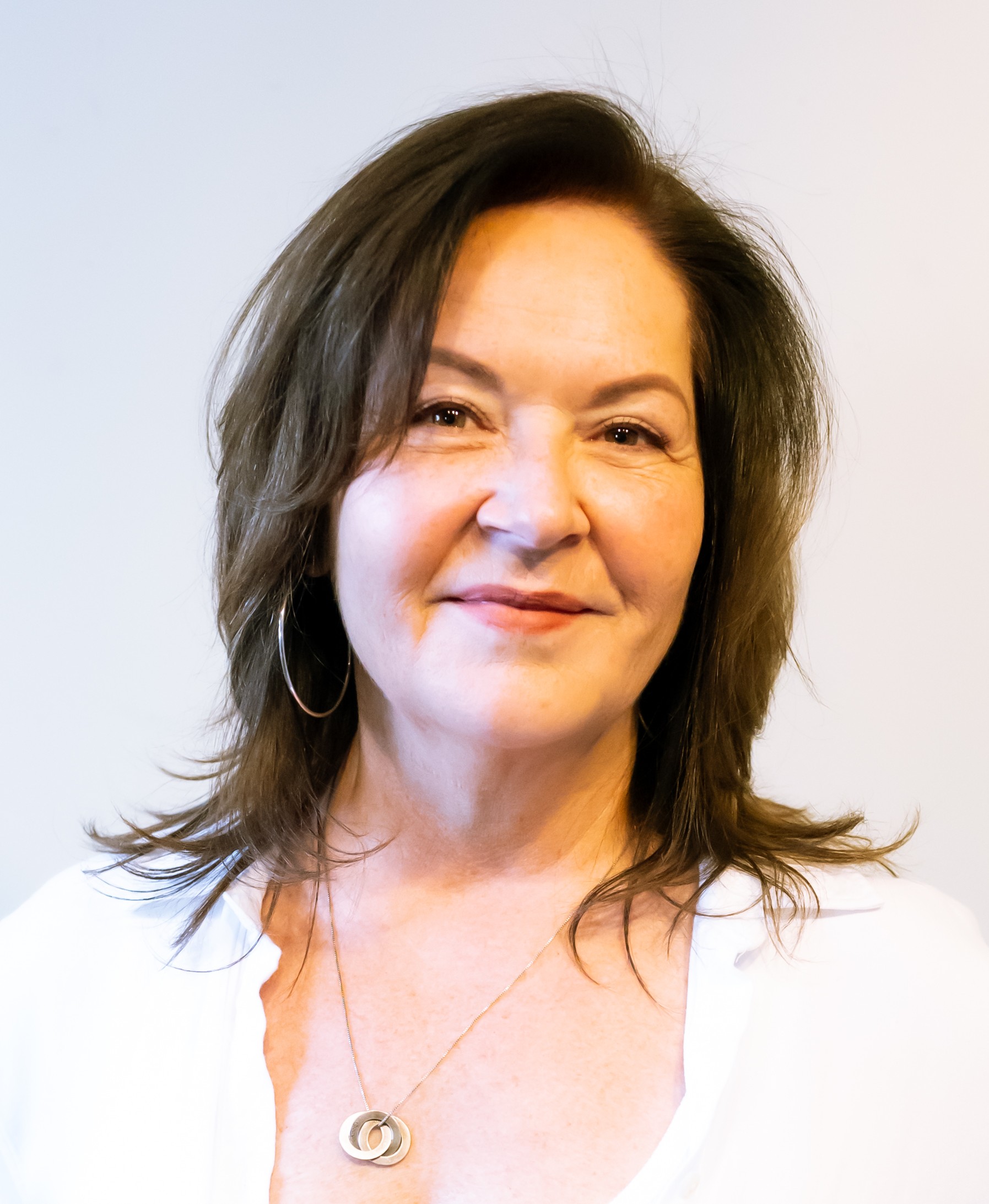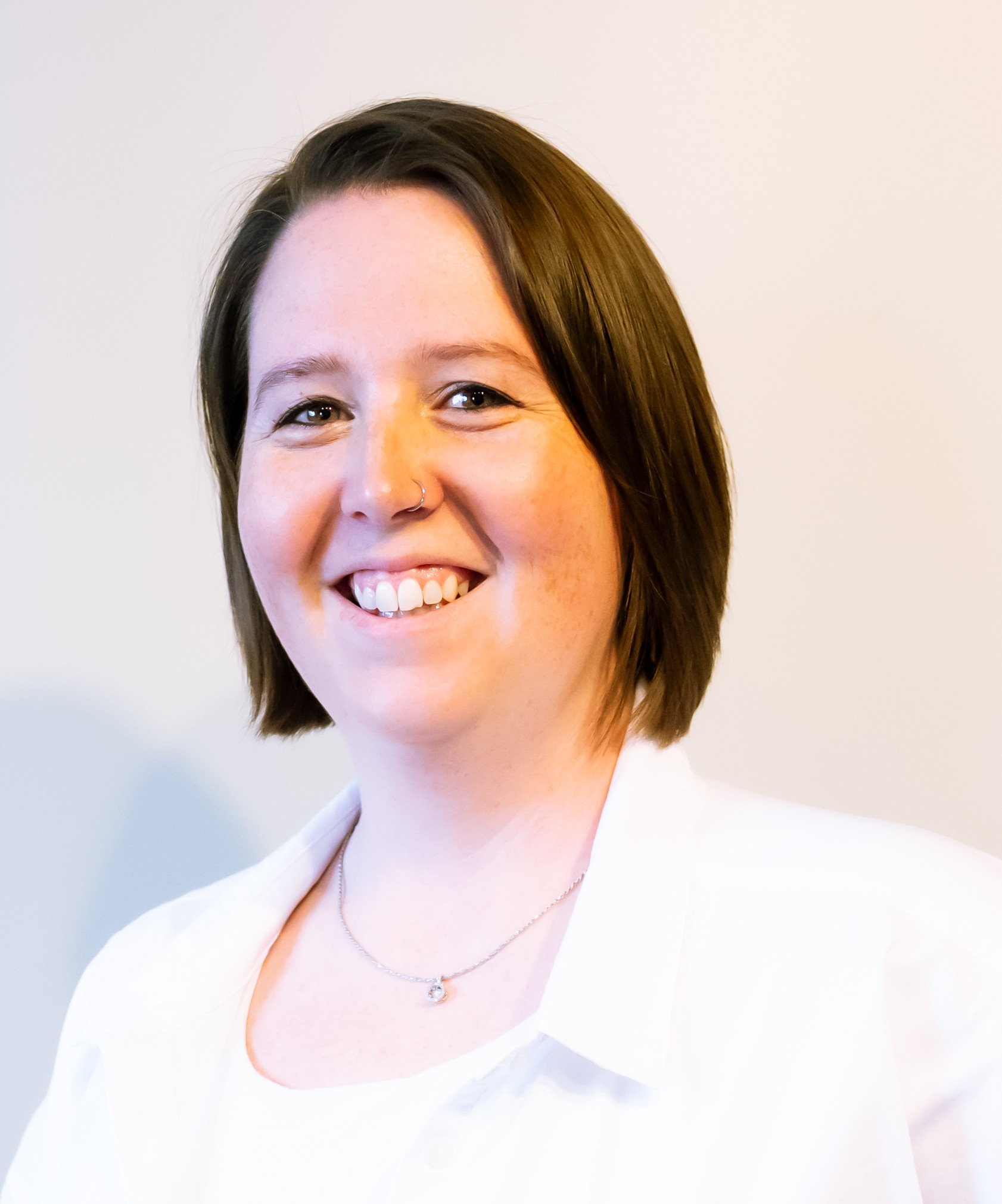The world of mortgages can sometimes be a scary place, especially if you’re just getting into the housing market as a first-time home buyer. There are so many places where you can get a mortgage, like a bank, private financing, independent brokerages, and every deal seems to be slightly different than the other. If you’re feeling a little lost, don’t worry, you’re not the only one! No one was taught about mortgages in school (except the brokers, of course!) so don’t be afraid you ask questions and really get to understanding how they work and what makes one different from another.
A few introductory things about mortgages: Posted rates, fixed-rate, variable-rate.
The first place many people go to see what mortgage rates are is Google. Type in “mortgage rates in Ontario” and you’ll see a bunch of ads leading to pages with columns and numbers and graphs. Just remember, even if you’re looking at the “posted” mortgage rates online, it doesn’t mean that you can’t still get an even lower rate when you deal with the bank or broker directly. Everyone comes into real estate from a different financial background, and many factors contribute to the calculation of a mortgage rate. If you’re looking to get a specific pre-approval, it’s always best to make an appointment with a mortgage broker to go over your options (I have a few recommendations on my referral page if you’re looking for a trusted mortgage broker). I always recommend getting a pre-approval before going house shopping so you have a clear idea of the range in which you can afford. Getting pre-approved can be seen as boring paperwork, but just think: get the un-fun paperwork done then you get the treat of going house shopping!
You can find current rates posted at RateHub.ca, which will show you a table of the going rates for different types of mortgages: variable of fixed. Variable rates means the percentage could fluctuate a little over time. However, in a stable market, this number doesn’t tend to fluctuate radically and most institutions allow you to lock in at a certain rate, which you could do if there’s an indication that the economy is going in a certain direction that could lead to an increase in interest rates and you want to gain some more stability.
If you’re less of a risky-type of real estate investor, you can always choose to go with a fixed-rate mortgage, which locks your mortgage into the same rate for the number of years you opt for (you’ll typically find that 3-year, 5-year and 10-year fixed-rate mortgages are the norm). The upside to this is you know your rate is guaranteed to be the same for whatever your length of term. The downside is, you end up paying a bit more for this security, and if the economy shifts and interest rates suddenly drop way low, you may be kicking yourself for locking in at a higher rate.
These are just a few of the basic elements of mortgages, to get you familiar with the language. If you’re looking to get into the real estate market, I have a lot of experience with a wide range of buyers: from first time home buyers to repeat buyers and everyone in between! Not only will we find you the best home for you, I’ll also make sure to put you in touch with the right professionals to make your home buying experience easy and fun. Buying a house is a big financial decision, and I’m here to make the process go as smoothly as possible from start to finish.


